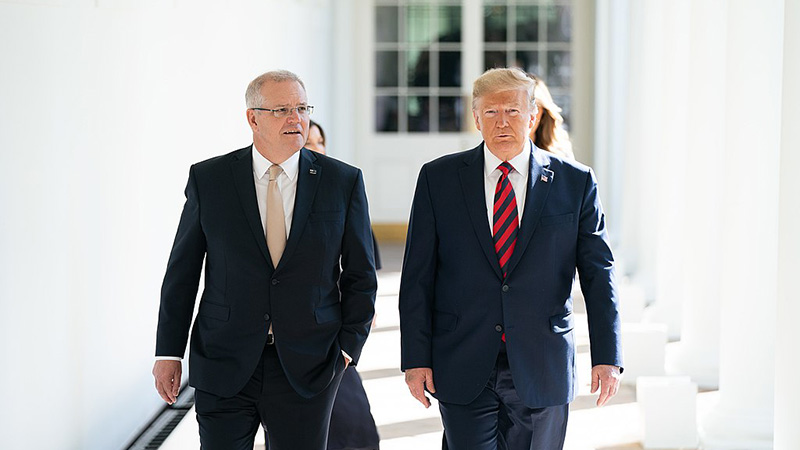Leadership in times of crises
In the midst of a crisis, such as the coronavirus, the actions of our leaders are thrust into the spotlight and scrutinised by the public.
In the midst of a crisis, such as the coronavirus, the actions of our leaders are thrust into the spotlight and scrutinised by the public.

In the midst of a crisis, such as the coronavirus, the actions of our leaders are thrust into the spotlight and scrutinised by the public.
However, according to UNSW Canberra academic, Dr. Samantha Johnson, how we view leadership has changed over the years and that affects how we judge our leaders in these difficult times.
Dr. Johnson said that leadership is no longer ‘command and control’ but it is instead viewed through a relationship lens. Leadership is a social construct.
“So, we look at how leaders work with other people and how they themselves move between the role of leader and follower. Leaders and followers must work well together.” she said.
How does that work in a crisis? In the current COVID-19 pandemic the leaders of the country and the states and territories are constantly addressing the media and the public.
“What we’re looking for is how that leader works with others. From the research in this area one thing we know that is fundamentally important is how our leaders work with others and how they collaborate, particularly in a crisis,"Dr. Johnson said.
“A leader must be open to different perspectives, including those of whom they are leading. In the current situation it is imperative that those who have expertise in public health and related areas are speaking to our political leaders. We need to know our leaders are speaking with the right people and listening to their advice."
Dr. Johnson says that whilst it may appear that there are contradictory messages being communicated by our leaders, she doesn’t think that is the case.
“What we’re seeing is our leaders synthesising a great deal of information and then seeking to communicate advice and direction with simplicity and clarity, which is extremely difficult when the information that is feeding the communication is complex and constantly changing.”
“What we need is high-level communication skills that enable our leaders to communicate in short, succinct and clear, directive measures and in language that people can understand. In a normal situation we could have more debate, and take more time to communicate clearly, but we can’t afford that at the moment and people need constant and decisive communication and direction from their leaders,” she said.
Communication also must happen on two levels, Dr. Johnson states. Change comes in two forms; it can be strategic or emergent. When change is emergent, communication evolves and rolls on and changes overtime.
"However, when you have significant, fast paced strategic change, like we are currently experiencing, messages must be communicated at two levels. Firstly, at a strategic level, explaining why the country – indeed the world – must undergo significant, rapid change. Secondly, at the personal level, explaining what this means for people in the way they live their lives every day. The focus is on -– what does it mean to me?
“Will I be able to get food? Why do I have to stay at home? These two levels of communication are really important, and people need to hear both. If they only hear the top level, they don’t know what to do, if they only hear the bottom level, they don’t know why they are doing it.”
Hearing both of these messages from our leaders can cause confusion, so it is a good idea to make each level of communication very clear.
Dr. Johnson also emphasises the importance of trust in our leaders at a time like this.
“If people our leaders as credible, trust is more likely to be developed. In other words, if the public sees leaders confidently respond to this crisis, even though we know none of them has gone through this before, trust levels may improve. On top of this, people need to feel like their safety is being managed by our leaders.
“With a combination of credibility and safety, leadership during this difficult time can be enhanced. What is of great importance during this crisis is maturity, respect and consideration from both leaders and followers, not only at the political level, but at all levels of society. We need to work together, to listen to each other and work in unison to achieve a goal that is, without a doubt, shared across all political parties and all aspects of society.”